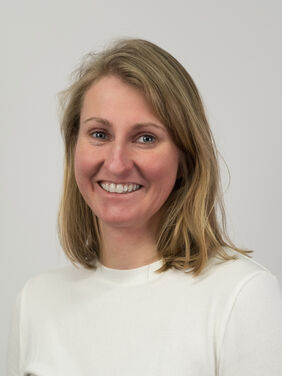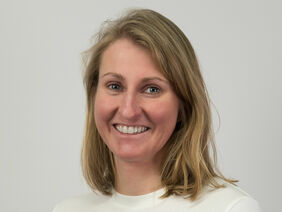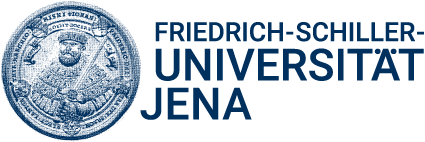Jena. Dietary monounsaturated fatty acids (MUFAs) are associated with longevity in humans and extend lifespan in various animal species. However, the mechanisms behind this remain unclear.
Katharina Papsdorf's research group shows that an organelle network is crucial for MUFA-induced longevity in the nematode C. elegans. Lipid droplets (cell organelles involved in fat storage and hydrolysis) and peroxisomes (cell organelles involved in oxidation and lipid metabolism) are involved in this organelle network.
Papsdorf's group found that PUFAs upregulate the number of lipid droplets in fat storage tissues and that an increased number of lipid droplets is necessary for PUFA-induced longevity. Interestingly, the number of lipid droplets in young individuals within a population of worms predicts their remaining lifespan. Lipidomics datasets show that PUFAs also modify the ratio of membrane lipids to ether lipids - a signature associated with lower lipid oxidation. Consistent with this, PUFAs decrease lipid oxidation in middle-aged individuals.
Intriguingly, PUFAs not only increase the number of lipid droplets, but also the number of peroxisomes. Through a targeted screen, the group identifies genes involved in the joint increase of lipid droplets and peroxisomes, as well as genes that uncouple these two organelles.
This screening reveals that the induction of both organelles is optimal for longevity. The research group's study, published in Nature Cell Biology, uncovers an organelle network involved in lipid homeostasis and lifespan regulation, opening new avenues for interventions to delay aging.
Information about Dr. Katharina Papsdorf:
, Mainz
| Title of Talk: | Lipid droplets and peroxisomes are coregulated to drive lifespan extension in response to mono-unsaturated fatty acids |
| When: | Thursday, May 2, 2024, 3:00 pm |
| Where: | Seminar room “Nucleus”, main building (FLI 1), Beutenbergstraße 11, Jena |
| Host: | Helen Morrison (Group leader Nerve regeneration) |
The colloquium will be a hybrid event. Details for accessing the session will be provided before the colloquium takes place. For external guests: Please contact Ivonne.Roeppnack-Jahnke@leibniz-fli.de for details.












